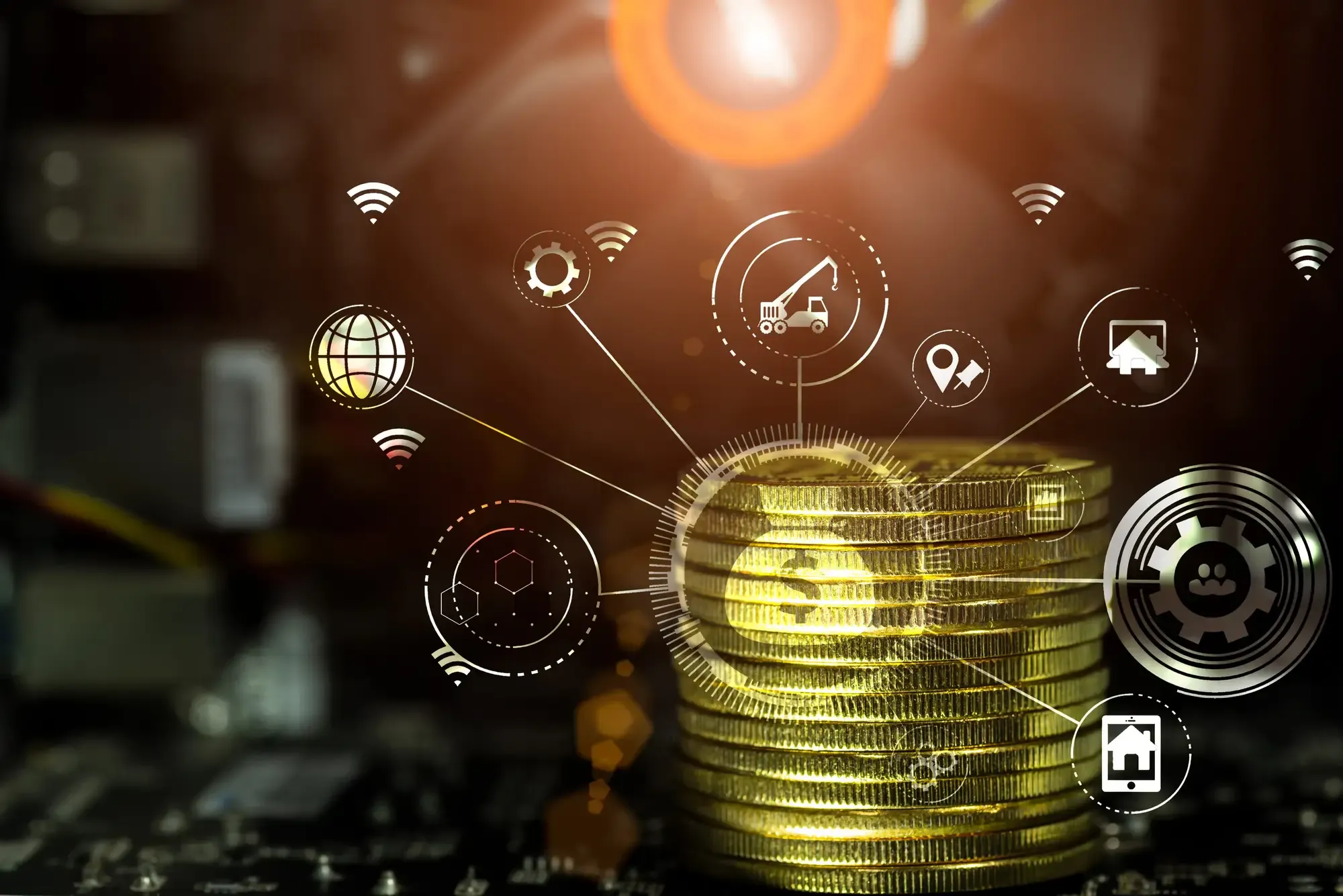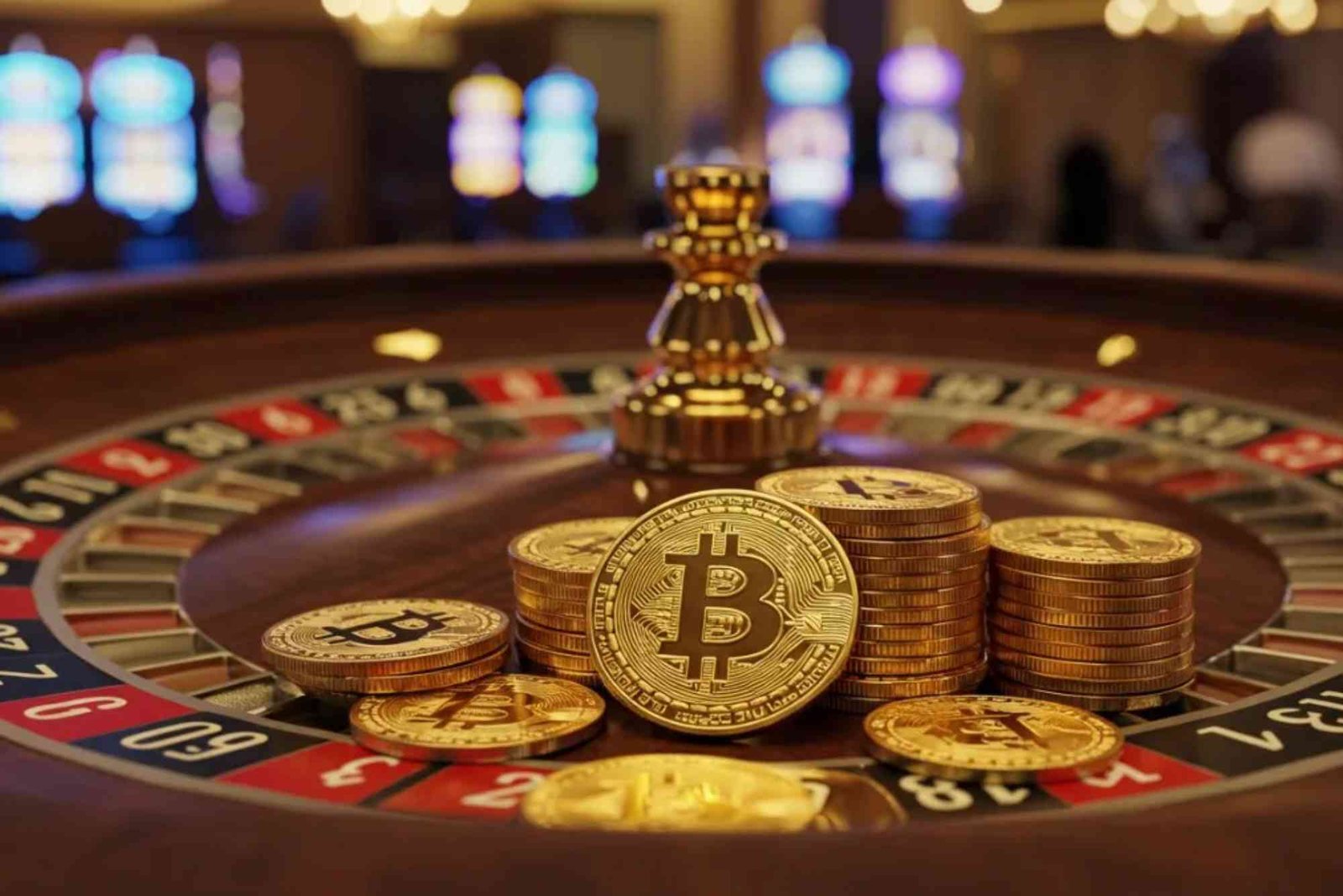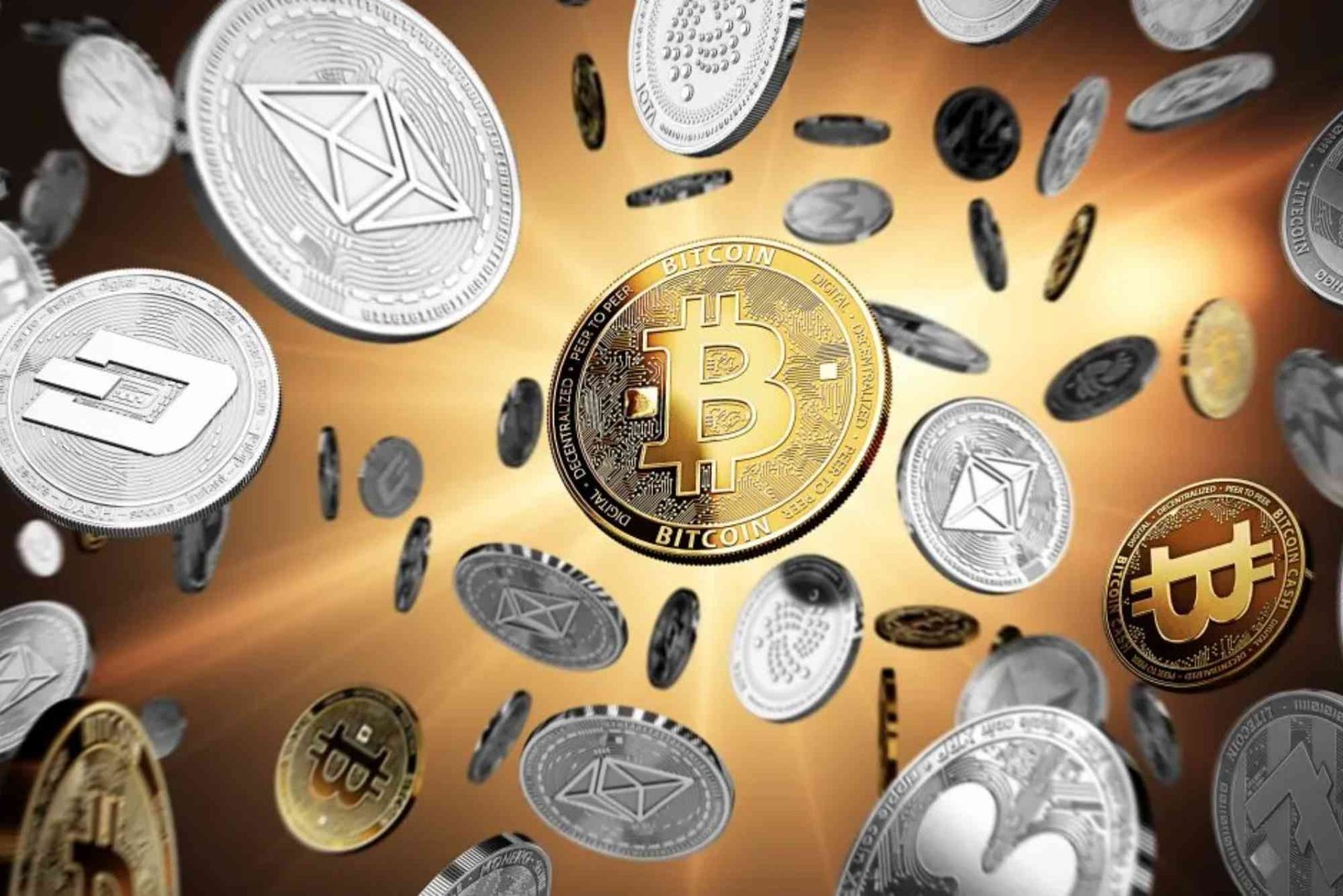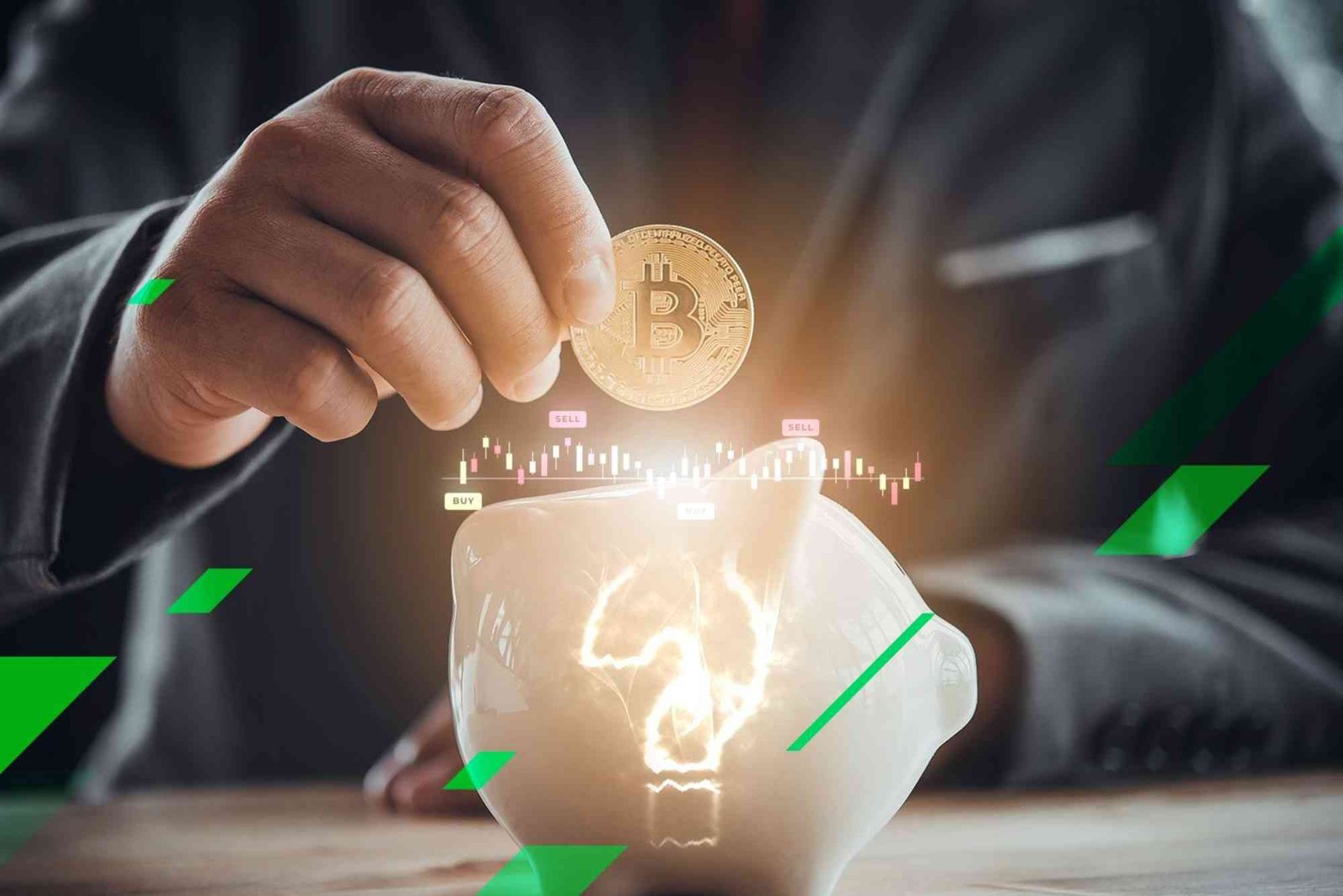Bitcoin, the pioneering cryptocurrency, has experienced tremendous growth and widespread adoption since its inception in 2009. As the world’s first decentralized digital currency, Bitcoin operates without a central authority or banks, leveraging a technology called blockchain. This guide will explore various methods to acquire Bitcoins and examine its historical price, focusing on the Bitcoin price in 2010 in Indian Rupees. By understanding these aspects, you can gain a comprehensive understanding of Bitcoin’s evolution and how to become part of its ecosystem.
Introduction to Bitcoin
Bitcoin was introduced by an anonymous person or group of people using the pseudonym Satoshi Nakamoto. It was designed as a peer-to-peer electronic cash system that allows online payments to be sent directly from one party to another without going through a financial institution. Bitcoin transactions are verified by network nodes through cryptography and recorded in a publicly distributed ledger called a blockchain. This innovative approach to currency has led to significant interest and investment over the past decade.

Key Features of Bitcoin:
-
Decentralization: Bitcoin is not controlled by any single entity. Transactions are verified by network nodes through cryptography, making the system resistant to control or interference.
-
Peer-to-Peer Transactions: Users can send Bitcoin directly to each other without the need for intermediaries like banks. This allows for fast and low-cost global transactions.
-
Limited Supply: Bitcoin has a fixed supply of 21 million coins, making it deflationary. Unlike traditional currencies that can be printed by governments, Bitcoin’s supply is capped, which some argue helps it retain value over time.
-
Anonymity and Transparency: While Bitcoin transactions are recorded on a public ledger (blockchain), users remain pseudonymous. Transactions can be tracked, but the identities behind wallet addresses are not necessarily linked to real-world names unless disclosed.
-
Mining and Security: Bitcoin transactions are validated by miners who solve complex mathematical problems to add blocks to the blockchain. In return, miners are rewarded with newly created Bitcoin and transaction fees. This process secures the network and prevents double-spending.
-
Volatility: Bitcoin’s price is highly volatile, driven by market demand, investor sentiment, regulatory news, and technological developments. Its value has fluctuated dramatically since its inception, making it both a speculative asset and a store of value for some.
How Bitcoin Works:
-
Transactions: When someone wants to send Bitcoin, they create a transaction that is broadcast to the network. Nodes verify the transaction to ensure the sender has sufficient funds and that it follows Bitcoin’s rules.
-
Blockchain: Once verified, the transaction is added to a block, and that block is linked to the previous block, forming a chain. This blockchain is a distributed ledger that is accessible to all participants, ensuring transparency and preventing tampering.
Uses of Bitcoin:
-
Digital Currency: Bitcoin is used as a medium of exchange for goods and services. Some businesses and online platforms accept Bitcoin as payment.
-
Investment: Many people buy and hold Bitcoin as a long-term investment, viewing it as “digital gold” due to its scarcity and potential to appreciate in value.
-
Remittances: Bitcoin allows for faster and cheaper cross-border transactions compared to traditional banking methods, especially in countries with unstable currencies or restricted access to financial systems.
Challenges and Criticisms:
-
Scalability: As Bitcoin gains popularity, its network faces challenges in handling a high volume of transactions efficiently.
-
Energy Consumption: Bitcoin mining is energy-intensive, leading to concerns about its environmental impact.
-
Regulation: Governments worldwide are exploring ways to regulate Bitcoin, which could affect its use and value. Some countries have banned or restricted its use.
Methods to Acquire Bitcoins
There are several ways to acquire Bitcoins, each catering to different levels of investment and expertise. The most common method is buying Bitcoins through cryptocurrency exchanges. These platforms facilitate the purchase of Bitcoins using traditional currencies such as USD, EUR, or INR, as well as other cryptocurrencies.
Popular exchanges include Coinbase, Binance, Kraken, and WazirX, which is particularly popular in India. To purchase Bitcoins on an exchange, you need to create an account, complete the KYC (Know Your Customer) process, deposit funds into your account, and place an order to buy Bitcoins.
Additionally, Bitcoin faucets and microtask websites offer opportunities to earn small amounts of Bitcoin. Bitcoin faucets are websites that reward users with tiny fractions of Bitcoin for completing simple tasks or captcha.
Similarly, microtask websites pay users in Bitcoin for performing small online tasks, such as taking surveys or testing websites. While the earnings from these methods are relatively small, they can be a way to accumulate Bitcoin without significant investment.
Bitcoin Price in 2010 in Indian Rupees
Understanding the historical price of Bitcoin provides valuable context for its growth and adoption. In 2010, Bitcoin was still in its infancy, and its price was significantly lower compared to today.
During this year, Bitcoin was primarily traded on early platforms like BitcoinMarket.com and was largely unknown to the general public. The price of Bitcoin started the year at around $0.003 and gradually increased as more people became aware of it.

To determine the 1 Bitcoin price in 2010 in Indian Rupees, it is important to consider the exchange rate between USD and INR during that period. The average exchange rate in 2010 was approximately 1 USD = 46.5 INR. For example, if the price of Bitcoin was $0.08 in July 2010, converting this to INR would give us an approximate value of 3.72 INR.
This means that in mid-2010, one Bitcoin was worth around 3.72 Indian Rupees. This historical price underscores the incredible appreciation Bitcoin has experienced over the years, growing from mere cents to thousands of dollars per Bitcoin.












